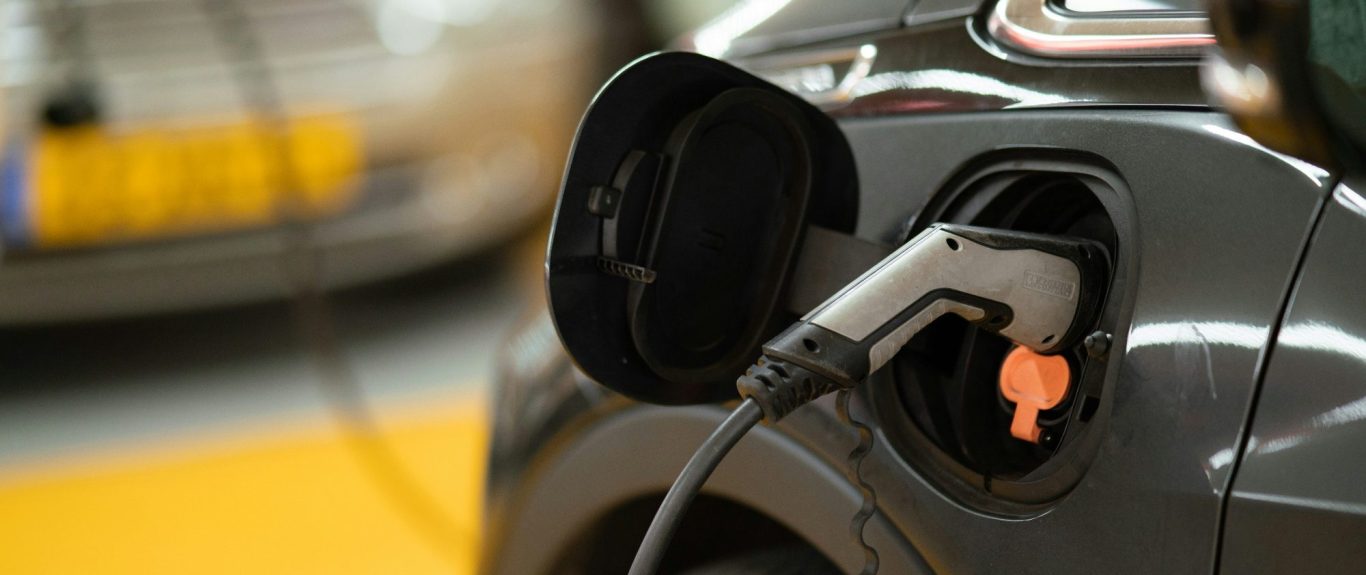The Emergence of an EV Ecosystem and Industry in Indonesia
Indonesia is rapidly emerging as a global powerhouse in both electric vehicle (EV) production and nickel manufacturing, positioning itself at the forefront of a significant industrial transformation. The country's strategic investments, progressive policies, and attractive market conditions are drawing international attention from automotive and mining companies alike.
Nickel, a crucial component in EV batteries, has become Indonesia’s golden opportunity for economic growth and technological innovation. The country boasts massive nickel resources. The United States Geological Survey and the Indonesian Geological Agency confirm that Indonesia holds the world's second-largest nickel reserves. As of 2023, the country’s nickel ore resources total 18.5 billion tons, with confirmed reserves of 5.3 billion tons. Major international companies are taking notice, with French mining company Eramet investing in sustainable nickel processing and Chinese battery material maker CNGR Advanced Material Co planning a massive $10 billion investment over the next 10 to 15 years.
The electric vehicle market in Indonesia is experiencing equally dramatic growth. While EVs currently represent only 5% of total car sales, the market shows immense potential. Chinese automotive brands have been particularly aggressive, quickly establishing a dominant position. BYD, for instance, entered the Indonesian market in July and has already become the sixth-best-selling car company, selling over 11,000 vehicles. Chinese manufacturers now command an impressive 80% of Indonesia's EV market.
This shift is challenging traditional automotive dynamics in Southeast Asia. Historically dominated by Japanese brands like Toyota, Honda, and Nissan, the region is now seeing a significant transformation. Chinese manufacturers are gaining ground by offering more affordable, technologically advanced electric vehicles. The Indonesian government is actively supporting this transition through strategic policies, including tax incentives and local manufacturing requirements.
Indonesia has set ambitious targets for EV adoption, aiming to have 2 million electric cars and 13 million electric motorcycles on its roads by 2030.
To support this goal, the government’s supportive policies have been crucial in driving this growth. Initiatives like reduced luxury taxes, import duty exemptions and requirements for local part production (40% by the 2026, increasing to 80% by the 2030) are designed to boost the domestic EV ecosystem, create jobs and stimulate economic growth.
Global automotive giants are also recognizing Indonesia's potential. Ford Motor Company is expected to build an EV manufacturing plant next year, collaborating with local and international partners like PT Vale Indonesia and China's Zhejiang Huayou Cobalt. Similarly, other major manufacturers are exploring investment opportunities in the country.
The automotive landscape is not without its complexities. While Chinese brands are surging, Japanese manufacturers like Toyota are focusing on hybrid technologies, believing them to be a crucial transitional step towards full electrification. The Indonesian government seems supportive of this approach, with plans to introduce tax incentives for hybrid vehicles in 2025.
The broader implications of this industrial shift are significant. Beyond technological advancement, these developments promise substantial economic benefits, including job creation and enhanced global competitiveness. Indonesia is positioning itself as a key player in the global transition to electric mobility and sustainable manufacturing.
Indonesia’s nickel mines are not just extracting a mineral, they are laying the foundation for a sustainable future transportation. By strategically leveraging its natural resources, fostering international partnerships and implementing forward-thinking policies, Indonesia is transforming itself from a raw material exporter to a key player in the global electric vehicle revolution.
Sources:
https://asiatoday.id/read/indonesia-will-dominate-world-nickel-production-in-the-next-10-years
https://www.channelnewsasia.com/asia/indonesia-electric-vehicles-chinese-car-makers-byd-wuling-4702126https://www.benarnews.org/english/news/indonesian/electric-vehicles-12092024153956.htmlhttps://www.thejakartapost.com/business/2024/11/29/ford-to-make-ev-investment-in-indonesia-in-2025-ministry.html
https://indonesiaexpat.id/news/volkswagen-plans-to-produce-electric-cars-in-indonesia-in-2026/
https://www.ft.com/content/e42d5e3e-30ff-4698-8348-d0e6731f2271https://www.just-auto.com/news/ford-to-invest-in-indonesian-ev-plant/

ENERGY TRANSITION
DECEMBER 05, 2024
We need your consent to load the translations
We use a third-party service to translate the website content that may collect data about your activity. Please review the details in the privacy policy and accept the service to view the translations.

